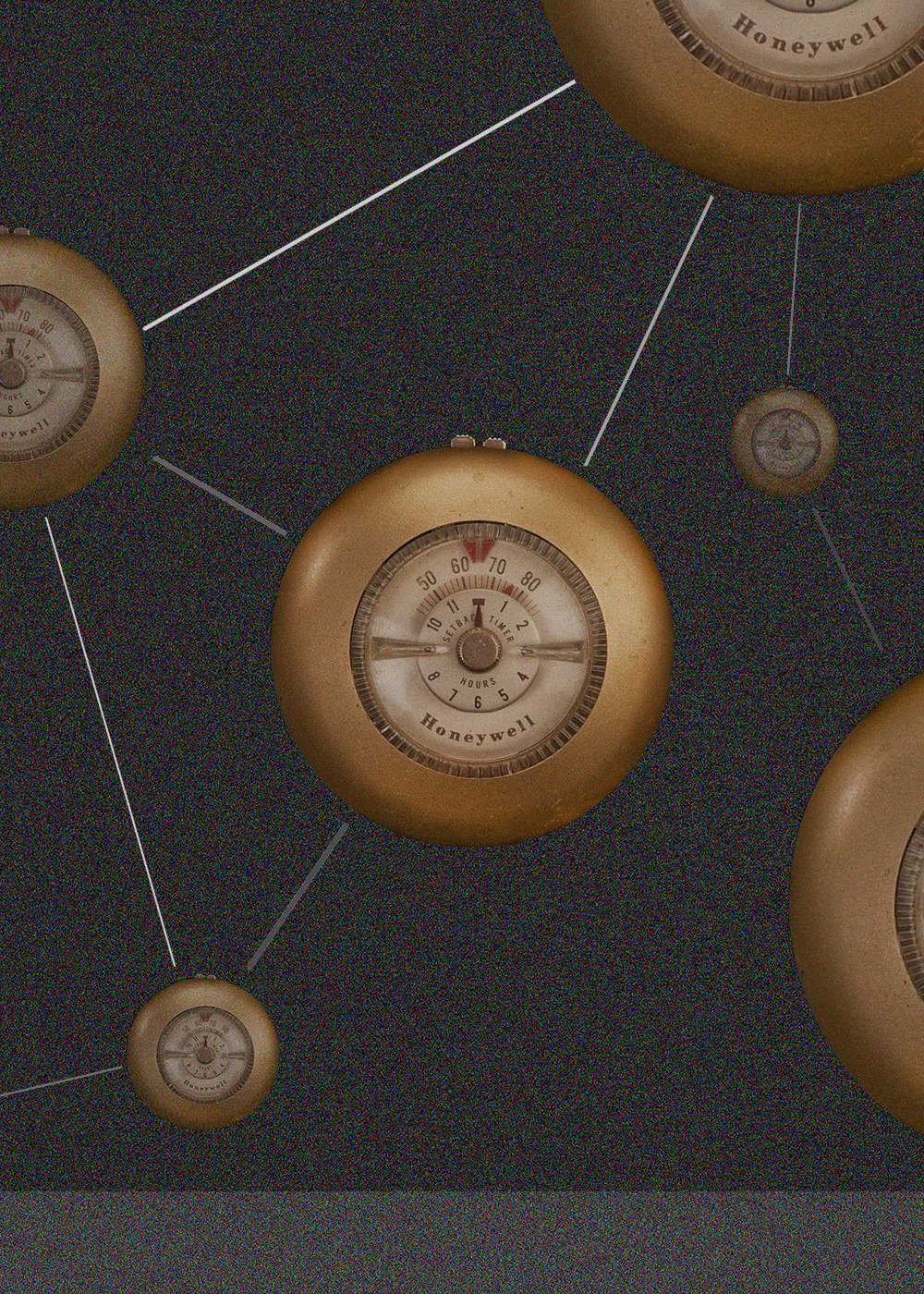
Does the modern office floor plan of the skyscrapers redefine the division of labor? Does the thermostat in a documents archive secretly manipulate what we can read? We have little doubt in that Google shapes how we search for information but does Google shape how we think too? These perennial debates can be traced to Marshall McLuhan’s claims about the unstoppable force of media technologies in shaping our mind, body, and environment. Raymond Williams labels McLuhan as a “technological determinist”, condemning his disregard for the historical development of technology. But does this label of “technological determinist” give the right to abolish the way McLuhan understands media technologies?
About the Conference
Does the modern office floor plan of the skyscrapers redefine the division of labor? Does the thermostat in a documents archive secretly manipulate what we can read? We have little doubt in that Google shapes how we search for information, but does Google shape how we think too?
These perennial debates can be traced to Marshall McLuhan’s claims about the unstoppable force of media technologies in shaping our mind, body, and environment. Raymond Williams labels McLuhan as a “technological determinist”, condemning his disregard for the historical development of technology. But does this label of “technological determinist” give the right to abolish the way McLuhan understands media technologies? Indeed, like Williams, many have pointed out that technological objects do not independently exist among us, but are embedded in a cultural and political network. However, when we open the socially constructed “black box”, as Pinch and Bijker described, what is revealed may only be what Langdon Winner calls a “hollow inside”—void of power relations.
“Media, Power, Technological Determinism” graduate conference from the Simpson Center sponsored Graduate Research Cluster and the UW Department of Cinema and Media studies aims to once again invoke the debates around “technological determinism.” We welcome paper proposals for a 20-minute presentation that include (but not limited to):
- Historical, ethnographical, and comparative studies of media technologies
- Media and technology industries in Global South (innovation, maintenance, and labor)
- Technology and the environment of nature and culture (ocean, forest, architecture, and city)
- Media, technology, and design
- Scientific representation (maps, digital images, etc.)
Date and Location
June 4th, 2022, University of Washington (building and room TBD) and Online (Zoom)
Paper Proposal Submission Deadline:
April 29th, 2022
Keynote and Guest Panel Responder:
Keynote Speaker (Online): Nicole Starosielski (New York University, NY)
Guest Panel Respondent (Online): Weixian Pan (New York University, Shanghai)
How to Submit a Proposal:
We offer a small amount of funding for presenters who plan to travel to Seattle for the conference. Proposals should include a presentation title, a brief abstract (300-350 words), and a short biography (<100 words). Please email as a single attachment (.docx or .pdf) to uwcms2022@gmail.com before 5 PM PST on Friday, April 29th, 2022.
The conference will be a hybrid event with in-person and online components. Please indicate your preferred mode in the registration form.
C.R. Grimmer (she/they)
C. R. Grimmer is a poet and scholar from Southeast Michigan's Metro-Detroit area. C. R. received their Ph.D. in Literature and Cultural Studies at the University of Washington (UW) as well as their M.F.A. in Creative Writing and M.A. in English Literature at Portland State University (PSU). They are the author of The Lyme Letters, which won the Walt McDonald First Book Award from Texas Tech University Press.
